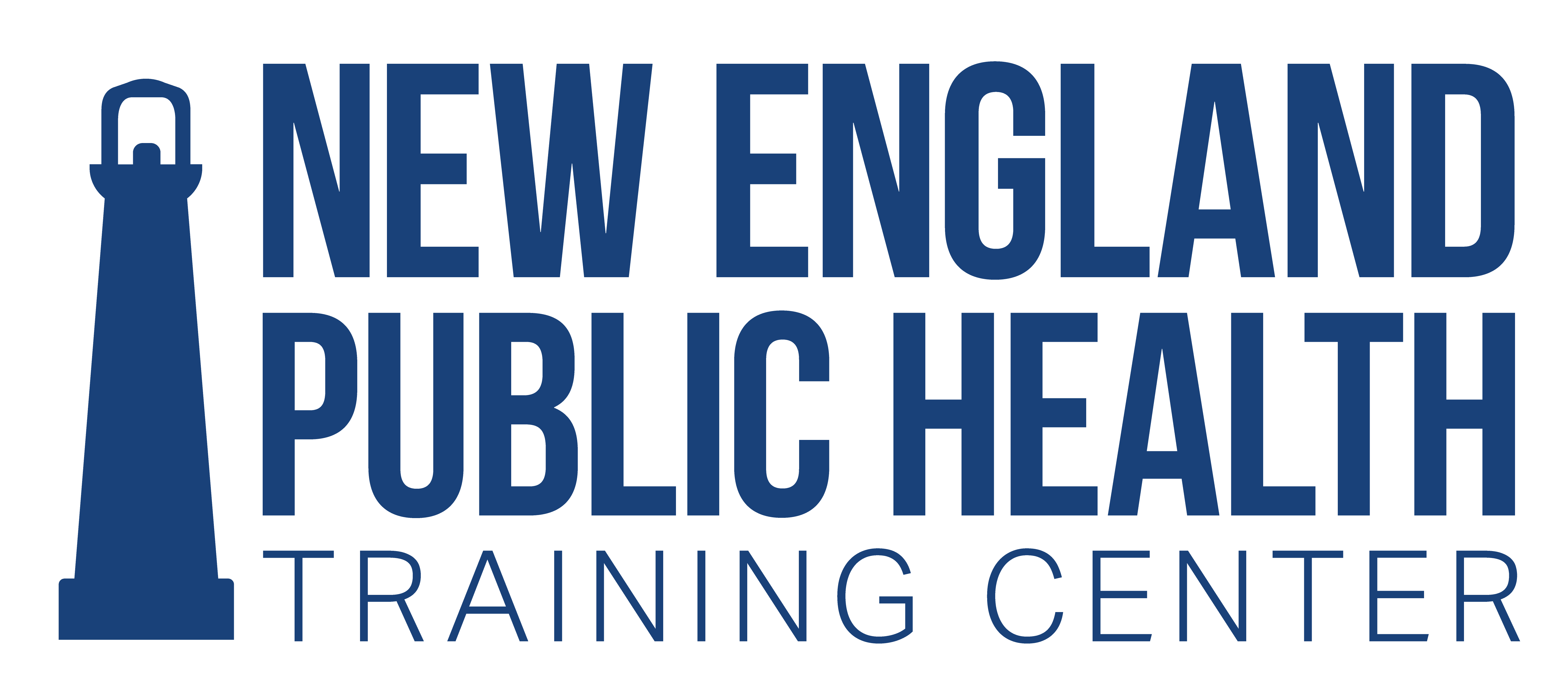
Course Information
- Audience: Heads of local or regional health departments and managers or directors in city or state public health agencies in Massachusetts; managers of community organizations may also find valuable
- Format: Recorded Online Webinar
- Date/Time: January 10, 2017, 9:00-11:00am (Eastern Time)
- Price: Free
- Length: 1 hour and 40 minutes
- Credential(s) eligible for contact hours: Certificate of Completion
- Competencies: Policy Development and Program Planning Skills
- Learning Level: Performance
- Supplemental materials: PowerPoint
- Technical Requirements: Modern web browser, such as Internet Edge, Chrome, Firefox, or Safari. Speakers or headphones
- Companion Training: Managing Effectively in Today's Public Health Environment
- Pre-requisites: None
About this Webinar
The area of Employee Grievances and Discipline is not black and white. How do you deal with employees that are challenging or may have grievances with you or your department? What conflict resolution management styles can help? What is progressive discipline and why is it important? What are employees' due process rights and what do managers have to consider in the decision to terminate? Learn about these topics in this webinar, including a case study.
What you'll learn
At the end of the course, participants will be able to:
- List five conflict resolution management styles and provide one example of an appropriate way to use each
- Identify five due process rights of public employees
- Name four common steps of progressive discipline
- Identify three things a manager should do before, during, and after a disciplinary hearing
- List three things a manager needs to consider in a decision to terminate
Subject Matter Expert

Cheryl Sbarra
Senior Staff Attorney,
Massachusetts Association of Health Boards
Registration and Contact Hours
Select the Enroll button below to register for this webinar. If you have any trouble accessing the webinar, contact trainingmanager@nephtc.org.
The Certificate of Completion will include the length of the webinar. Generally 50 – 60 minutes is equivalent to 1 contact hour. Contact hours may be applicable towards continuing education requirements for certain credentials. Check with your credentialing body to verify if the topic meets its continuing education requirements.



